University of Utah Asia Campus to Proceed with Face-to-Face Classes Beginning April 6
The University of Utah Asia Campus has been taking maximum precautions against COVID-19 over the past two months. Members of the UAC community can find helpful prevention tips on the official UAC website. (Photo. University of Utah Asia Campus)
March 16, 2020
The University of Utah Asia Campus (UAC) stated officially on Wednesday, March 11, that it will proceed with face-to-face classes beginning Monday, April 6. Despite current health concerns due to COVID-19; the statement was addressed in a school-wide email sent by UAC’s Dean of Students, Randy McCrillis.
McCrillis’s email was sent two days prior to University of Utah President Ruth Watkin’s message regarding the movement of the Salt Lake City campus’s courses online for the remainder of the semester. However the UAC seems to be unaffected by new policies enacted in the Salt Lake City campus.
The UAC has been conducting distance learning through online courses since the commencement of its spring semester on February 24. Although face-to-face classes were initially postponed for one week (Feb. 24 -28), increased pressure from the South Korean government and Ministry of Education influenced UAC’s decision to extend distance learning until March 9.
Soon after, on Tuesday, March 3, McCrillis sent another school-wide email in which he stated, “I have decided to extend the distance learning of courses until Friday April 3… All in person classroom operations will commence on Monday April 6,” adding that the measure was enforced to ensure the “health and safety of [the UAC] community.”
The first week of distance learning was undeniably hectic, as a majority of students and faculty were unfamiliar with an online learning system. Some faculty posted videos of pre-recorded lectures onto the school’s online management system, Canvas, while others utilized a more traditional online module, posting written syllabi and assignments.
Some students expressed their concerns regarding the difficulties of an online learning experience. Jeff Jin, a junior majoring in Film and Media Arts, explained: “I initially was very disappointed at having to take online courses… Although professors upload all of the needed information online, there are some things that are best heard in person… for knowledge retention.”
The following week, the UAC purchased licenses to, and began utilizing, the online synchronous system, Zoom. The system offers group video conferences, screen sharing, private chatting between conference members, and a mobile version. This platform has allowed the UAC to proceed with on-time class meetings, faculty office hours, and even a town hall meeting on an entirely virtual platform.
However, the implementation of Zoom was not enough for many other aspects of the UAC community affected by the novel coronavirus. New Student Orientation, which was to be held on February 20 for the incoming Spring 2020 students, was cancelled entirely. Extracurricular events also had to be put on hold, as the UAC’s club fair was postponed indefinitely, in addition to all club meetings.
Many student leaders have been put in difficult situations as well. This includes Orientation Leaders, the UAC Programming Council, International Student Buddies, Leadership Consultants, and Resident Advisors who have been limited in the amount and types of activities they are able to offer.
“It feels very isolating to be on campus, and to lack that day to day interaction with other students and professors,” stated one anonymous student, who expressed how foreign the school community currently feels, “when you do run into people, there’s a sort of relief… there’s a sort of solidarity in what we are experiencing.”
COVID-19 was first detected in South Korea on January 20, 2020, from a Chinese woman and a Korean man who had both arrived from the Chinese city of Wuhan. Upon diagnosis, the two were taken to a designated hospital to be treated in isolation. By the end of February, a total of eleven patients were diagnosed in South Korea.
On February 18, a Korean woman (labeled Patient-31) associated with the fringe church “Shincheonji Church of Jesus” was reported to have contracted the virus, and had been in contact with hundreds of individuals at a church event in Daegu, located in the Southeastern region of South Korea. A nearby hospital in Cheongdo also reported several cases of COVID-19, from which point hundreds of new cases were diagnosed daily.
The South Korean government responded with mass-testing and screening sites which aimed to identify new patients and contain the spread of the virus as quickly and efficiently as possible. By March 10, over 210,000 people had been tested or screened (The GroundTruth Project).
The UAC responded to the COVID-19 outbreak as early as February 7, cancelling its Early Spring Semester and pre-collegiate camp activities.
Many questions have been raised regarding possible tuition reductions for UAC students who feel that they should not be charged the same for distance learning and face-to-face classes. The UAC has not offered any reductions to tuition at this time.
The Incheon Global Campus (IGC), however, has enacted a partial refund policy for students who had initially moved into on-campus housing, but have decided to return home until face-to-face classes commence.
“I think things are looking up, with the number of cases in Korea declining,” said one anonymous UAC student, who expressed her desire to return to a regular and safe school life, “I hope to start in person classes… but more than anything I want us to continue to take precautions and do what’s best for the community.”
The UAC has released no further updates since President Watkins’s school-wide email was sent out on March 13.




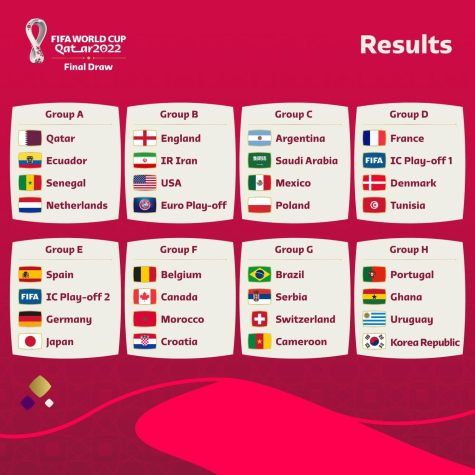
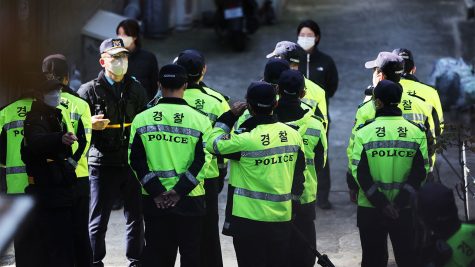
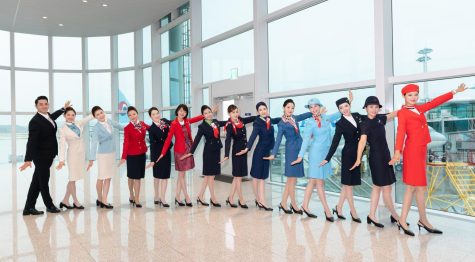
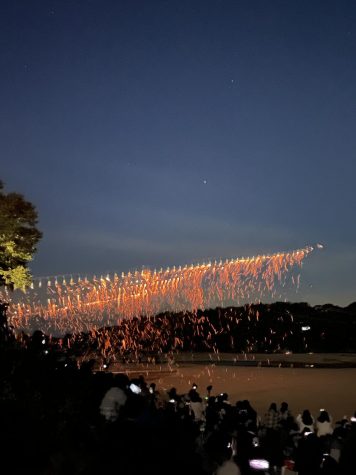
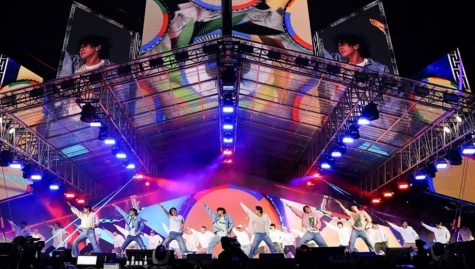


Celine Kim • Mar 24, 2020 at 5:25 am
It’s unreal how a single individual’s misbehavior catalyzes such a huge ripple.
I was skeptical about the distance-learning in the beginning, but now when I look back,
the proactive action of UAC is praiseworthy, considering how other Korean colleges just has started doing the same.
I hope the declining phase continues in South Korea, and everyone’s healthy when we meet face-to face next month!